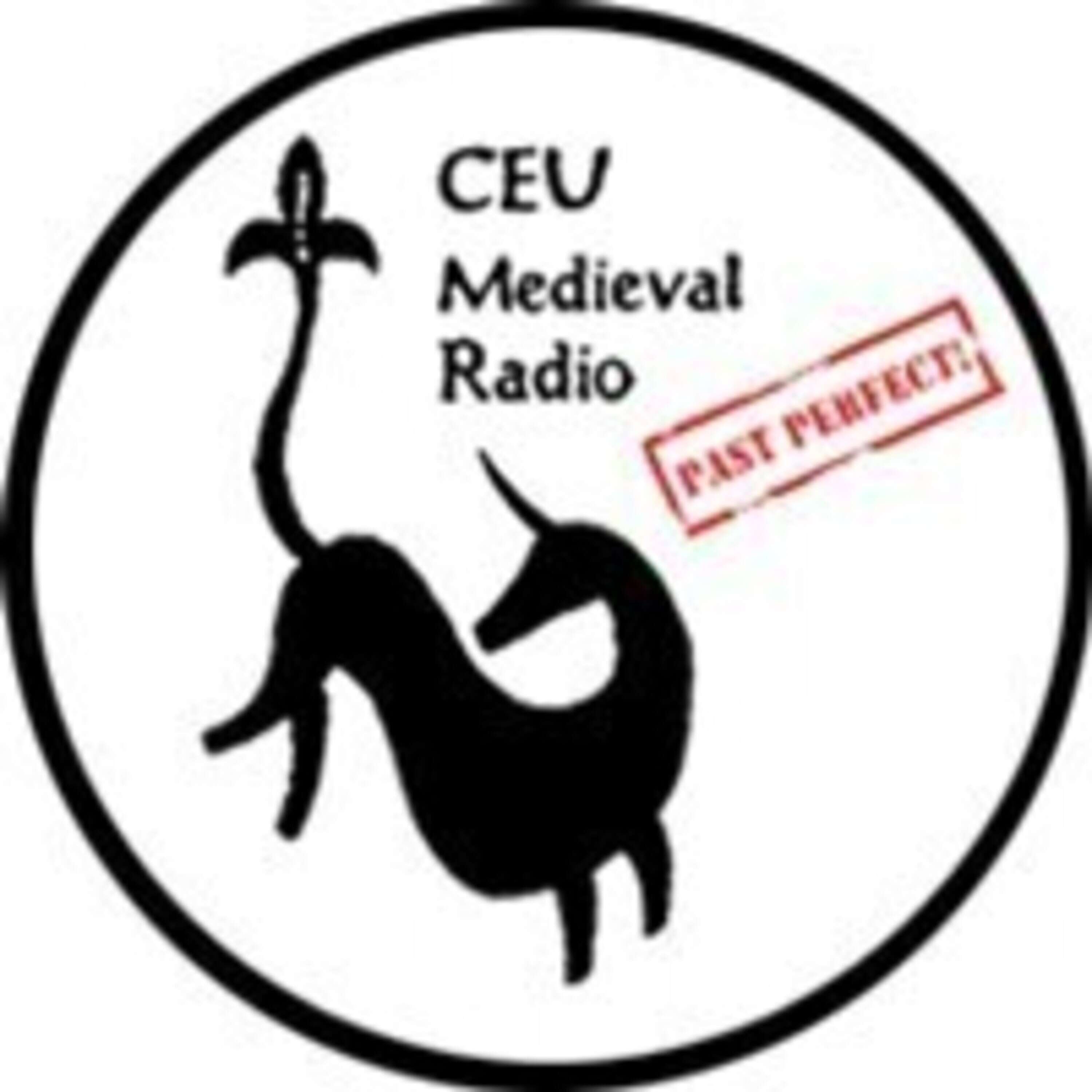- After-Shows
- Alternative
- Animals
- Animation
- Arts
- Astronomy
- Automotive
- Aviation
- Baseball
- Basketball
- Beauty
- Books
- Buddhism
- Business
- Careers
- Chemistry
- Christianity
- Climate
- Comedy
- Commentary
- Courses
- Crafts
- Cricket
- Cryptocurrency
- Culture
- Daily
- Design
- Documentary
- Drama
- Earth
- Education
- Entertainment
- Entrepreneurship
- Family
- Fantasy
- Fashion
- Fiction
- Film
- Fitness
- Food
- Football
- Games
- Garden
- Golf
- Government
- Health
- Hinduism
- History
- Hobbies
- Hockey
- Home
- How-To
- Improv
- Interviews
- Investing
- Islam
- Journals
- Judaism
- Kids
- Language
- Learning
- Leisure
- Life
- Management
- Manga
- Marketing
- Mathematics
- Medicine
- Mental
- Music
- Natural
- Nature
- News
- Non-Profit
- Nutrition
- Parenting
- Performing
- Personal
- Pets
- Philosophy
- Physics
- Places
- Politics
- Relationships
- Religion
- Reviews
- Role-Playing
- Rugby
- Running
- Science
- Self-Improvement
- Sexuality
- Soccer
- Social
- Society
- Spirituality
- Sports
- Stand-Up
- Stories
- Swimming
- TV
- Tabletop
- Technology
- Tennis
- Travel
- True Crime
- Episode-Games
- Visual
- Volleyball
- Weather
- Wilderness
- Wrestling
- Other
Production and Symbolism of Transylvanian Altarpieces in the 15th & 16th Centuries
What is the difference between altar and altarpiece? How were the altarpieces produced and used in medieval churches? How did medieval people see and understand them? In this interview, Chris Mielke talks with Emese Sarkadi Nagy, an art historian from the Christian Museum in Esztergom, Hungary, about the manufacturing and symbolism of Transylvanian altarpieces and their place in medieval society. The researcher speaks about the meaning of Transylvanian altarpieces for the local communities, the people who stood behind their manufacturing, and the unusual iconography on the altarpieces. The discussion reveals that these objects of Christian art can show the connections between art and local saints venerations, the economic situation of the community, and the transition of styles and schools. Emese Sarkadi Nagy also speaks about her work and recent projects in Christian Museum and how its catalogs and collections can help us understand medieval Christian culture. Past Perfect! is CEU Medieval Radio’s show on medieval and early modern history and culture, where Christopher Mielke casually discusses with his guests various issues from the crusades to archeo-zoology to medieval urine sampling. The discussions are made with the aim to popularize medieval and early modern studies with the help of experts such as early musicians, historians, philologists and archeologists.This episode was first recorded and broadcast in 2013.

